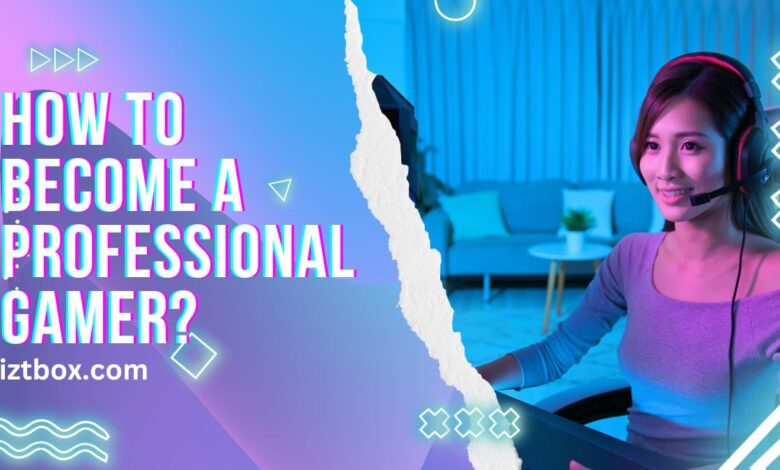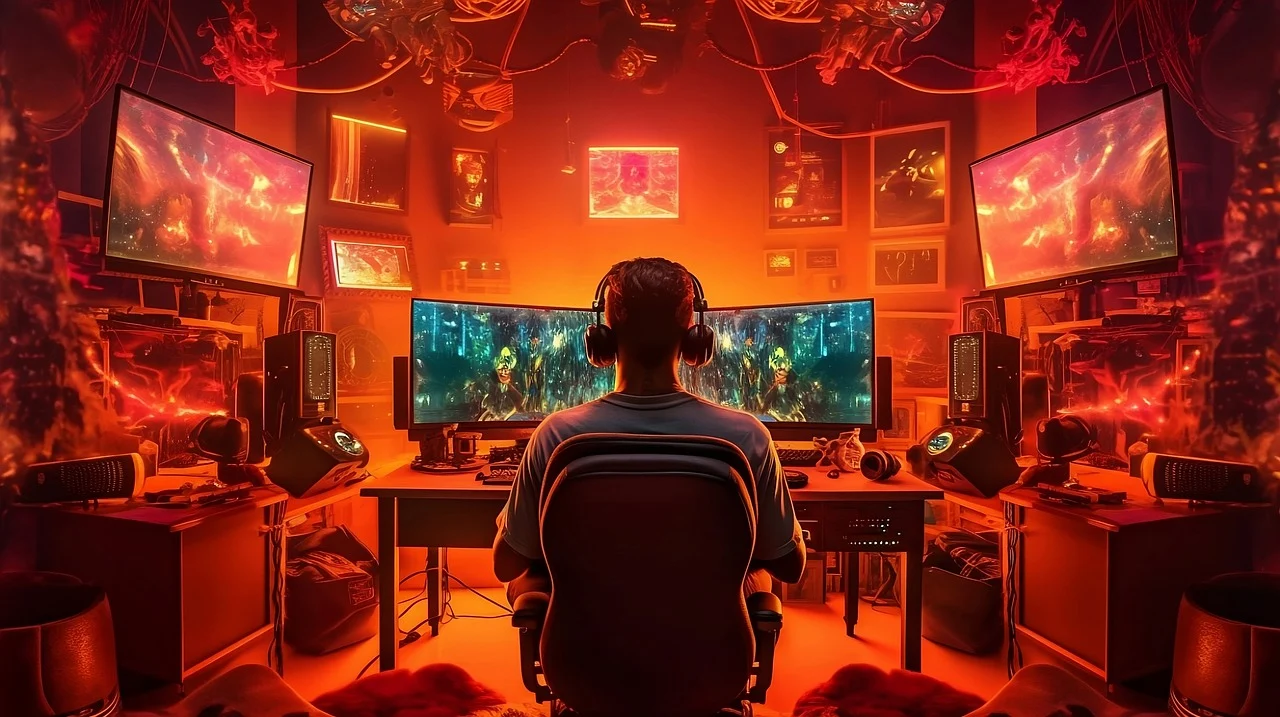How To Become A Professional Gamer?

How To Become A Professional Gamer?
Becoming a professional gamer is a dream for many, especially in an era where esports have gained significant popularity and recognition. The journey to becoming a pro gamer involves more than just playing video games; it requires dedication, skill development, strategic planning, and community engagement. This comprehensive guide outlines the steps necessary to transition from a casual gamer to a professional esports athlete.
Understanding the Esports Landscape
What are Esports?
Esports refers to organized, multiplayer video game competitions, often between professional players or teams. These competitions can take place online or in physical venues and cover a variety of genres, including first-person shooters (FPS), real-time strategy (RTS), and multiplayer online battle arena (MOBA) games. Popular titles include League of Legends, Dota 2, Counter-Strike: Global Offensive, and Fortnite
The Growth of Esports
The esports industry has exploded in recent years, with revenues projected to reach billions of dollars. Major tournaments offer prize pools that can exceed millions, attracting both players and sponsors. However, the path to becoming a professional gamer is competitive and often fraught with challenges
Step-by-Step Guide to Becoming a Professional Gamer
Step 1: Find Your Motivation
Before diving into the gaming world, it’s essential to identify your motivations for wanting to become a professional gamer. Intrinsic motivations such as love for the game, desire for self-improvement, and enjoyment of competition are crucial for long-term success. Those motivated solely by fame or financial gain may struggle with burnout
Step 2: Choose Your Game
Selecting the right game is critical. Focus on one or two games that you enjoy and are popular in the esports scene. Consider factors such as:
- Genre: Choose between genres like FPS, MOBA, or RTS.
- Platform: Decide whether you will play on PC or console.
- Community: Look for games with active communities and competitive scenes.
Mastering the mechanics of your chosen game is essential; practice consistently to develop your skills
Step 3: Invest in Quality Gear
Having the right equipment can significantly impact your performance. Invest in:
- Gaming PC/Console: Ensure it meets the requirements for your chosen game.
- Monitor: A high refresh rate monitor can enhance your gameplay.
- Peripherals: Quality mouse, keyboard, and headset are crucial for competitive gaming.
While you don’t need top-of-the-line gear initially, having reliable equipment will provide a better gaming experience
Step 4: Join a Gaming Community
Engaging with a community can provide valuable support and networking opportunities. Consider:
- Online Forums: Participate in discussions on platforms like Reddit or Discord.
- Local Groups: Attend local gaming events to meet other gamers.
- Social Media: Follow professional gamers and engage with their content.
Building relationships within these communities can help you learn new strategies and improve your skills
Step 5: Practice Regularly
Regular practice is essential for improvement. Develop a training regimen that includes:
- Skill Drills: Focus on specific mechanics relevant to your game.
- Watching Replays: Analyze your gameplay to identify mistakes.
- Studying Professionals: Learn from top players by watching streams or tutorials.

Aim for at least 20-30 hours of focused practice each week
Step 6: Compete in Local Tournaments
Start participating in local tournaments to gain experience. This exposure will help you understand competitive dynamics and improve your gameplay under pressure. As you gain confidence, aim for larger tournaments
Step 7: Build Your Online Presence
In today’s digital age, having an online presence is vital for aspiring pro gamers. Consider:
- Streaming: Use platforms like Twitch or YouTube to showcase your gameplay.
- Content Creation: Create tutorials or highlight reels to attract followers.
- Social Media Engagement: Share your gaming journey on platforms like Twitter or Instagram.
Building a fanbase can lead to sponsorship opportunities and collaborations
Step 8: Join a Team
Once you have established yourself in the community and gained some recognition, consider joining a team. Being part of a team offers several advantages:
- Learning from Others: Collaborate with experienced players who can help refine your skills.
- Access to Competitions: Teams often have entry into prestigious tournaments that may be difficult to access as an individual player.
Networking within the community can help facilitate this process
Step 9: Compete at Higher Levels
As you gain experience and confidence, start competing in higher-level tournaments. This stage will require you to adapt quickly and learn from more skilled opponents. Focus on:
- Analyzing Opponents: Study their strategies and gameplay styles.
- Continuous Improvement: Always seek ways to enhance your skills based on competition experiences.
Winning tournaments can significantly boost your reputation within the esports community
Step 10: Seek Sponsorships
Once you have established yourself as a competitive player with a following, pursue sponsorship opportunities. Sponsorships can provide financial support and access to better resources. To attract sponsors:
- Build Your Brand: Maintain a consistent online presence that showcases your personality and skills.
- Network Actively: Attend events where potential sponsors might be present.
Having sponsors can also enhance your credibility as a professional gamer
Maintaining Balance
While pursuing a career in gaming, it’s crucial to maintain balance in your life. Incorporate activities outside of gaming:
- Physical Exercise: Regular exercise helps improve focus and reduces stress.
- Social Activities: Engage with friends and family outside of gaming.
A balanced lifestyle will contribute positively to your mental health and overall performance
Conclusion
Becoming a professional gamer is an exciting yet challenging journey that requires dedication, skill development, and strategic networking. By following these steps—finding motivation, choosing the right game, investing in equipment, practicing diligently, engaging with communities, competing regularly, building an online presence, joining teams, seeking sponsorships, and maintaining balance—you can pave your way toward a successful career in esports.As the industry continues to grow, opportunities abound for those willing to put in the effort. With passion and perseverance, turning your gaming hobby into a professional career is within reach.




